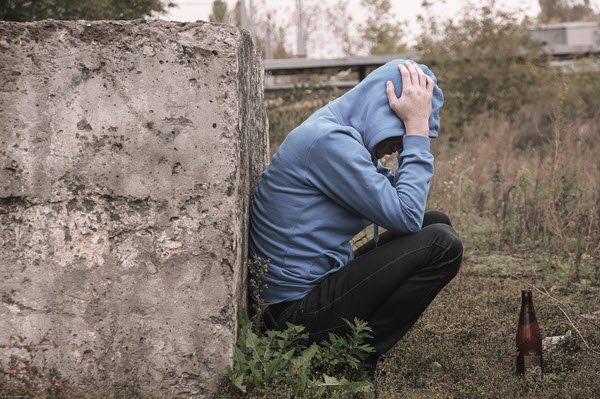Telltale Signs Your Loved One Needs Intervention for Addiction
By Amy Rothermel
July 25, 2018 • Fact checked by Dumb Little Man

If your loved one is showing signs of using and abusing alcohol or drugs, they might have an addiction. Failure to do any intervention for addiction can cause more problems.
Back then, addicts take themselves to rock bottom before they can get help. Now that addiction is recognized as a disease, the protocol has been revised to reflect that and promote prevention as much as possible.
An intervention is a process where a patient’s family, friends, and professional counselors work to show the person the effects of his destructive behaviors. Together, they set the affected person on a better, healthier path.
There are numerous signs you should look for in your loved one to figure out if they are in need of an intervention.
It Affects the Rest of Their Lives

Alcohol becomes a problem when it starts to prevent people from achieving their goals and they start to experience lots of negative side effects.
Studies have shown that over 31,000 people die each year from liver disease of which alcohol plays a large part. There is also the high incidence of cancer and other diseases that are caused by drugs and alcohol.
See Also: Can You Curb Alcohol Addiction In Its Early Stage?
Tolerance Starts to Develop
When addicts no longer experience the same effect they felt in the beginning, they are forced to consume drugs or alcohol in changing doses. As a result, their behavior and way of thinking changes. And if no intervention is done, they will continue to do it until something goes terribly wrong.
Lying and Deception Begin
Deception can manifest in a lot of different ways but it happens for one reason: the addict wants to conceal their addiction so that no one will call them out or stop them.
This can start with lying about how intoxicated they are. They may even start hiding bottles. This is where things become dangerous because they have internalized their addiction and are now actively resisting any chance of getting better.
Mood Swings and Isolation

Irrational behavior is the hallmark of an addict but you’ll still see a whole other range of behaviors. Usually, this results in fast switches between depression and anger. This can make it even harder for people to face them and talk about their addiction. The scary thing is that their entire mood can become dictated by when they last took the substance. This makes them very unpredictable and hard to control.
As the perceived judgment of them starts to put them on edge, they will likely take steps to isolate themselves and protect themselves from any chance at being called out for their addiction.
This isn’t limited to physical isolation. It can mean getting in fights and cutting people out of their lives if they think that they are getting in the way of their addiction.
This can be very hard to deal with because you are being told not to help when that means they need your help more than ever.
The Addiction is Affecting Others’ Safety
There are lots of other ways this can manifest. From violence due to intoxication to emotional abuse, addicts can be very harmful to others.
This might be the clearest signal that an intervention is necessary. If not addressed right away, an addict can end up hurting more than one person and that’s scary.
Taking Action
Interventions may sound scary but they are really necessary, particularly when brief conversations no longer work.
The big thing to remember is that your loved one means well and has been led astray. By setting up a structured intervention that gets the message across, it becomes much more likely that you’ll be able to help that person.
See Also: Where to Find Friends and Support During Addiction Recovery
Confrontation is hard but it’s harder to watch a loved one get hurt. The feelings of anger and resentment you feel towards the addict will go away once you start to help. By helping them, you can help everyone in your family and even in your circle of friends.

